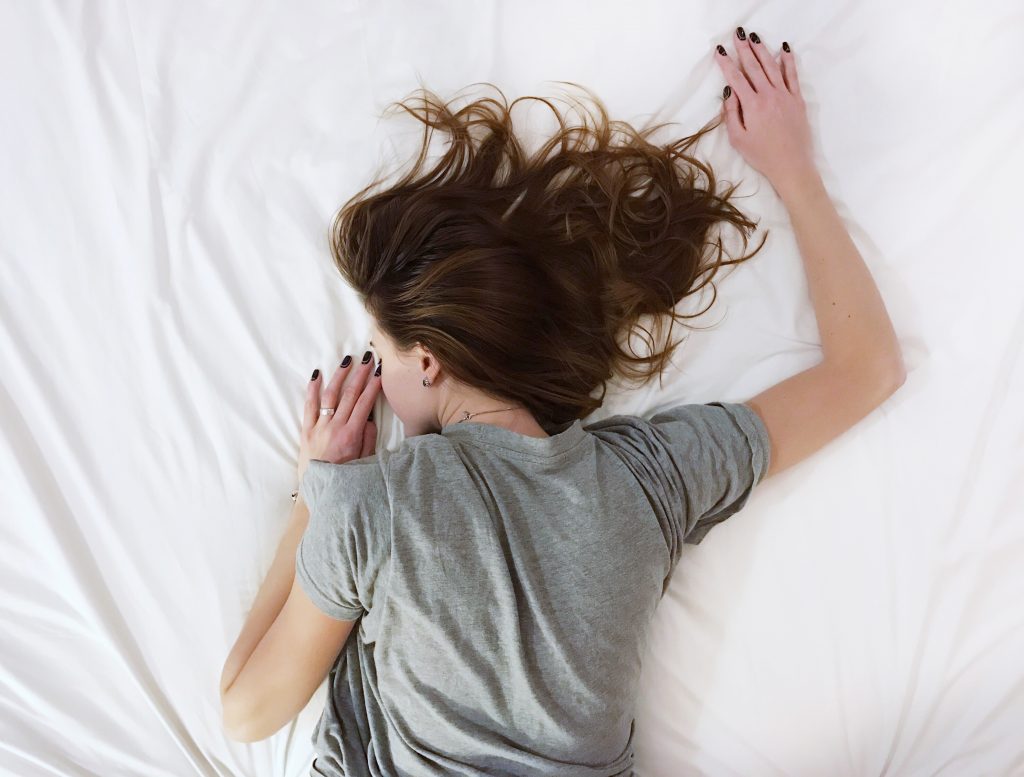Fatigue and an overwhelming feeling of tiredness can’t always be relieved by rest, and it’s more common than not to have low energy levels in our fast-paced modern world. You might find yourself constantly moving from one task to another, not having the time to listen to your body and truly take time for yourself. Or maybe your chronic tiredness is making you feel low and you are struggling to even get out of bed each morning.
To those familiar with this feeling, there are some self-help ways you can combat tiredness. We’re sharing our top 5 tips to help you control you fatigue and boost energy levels.

Eat a balanced diet
Following a healthy and balanced diet has numerous benefits including boosting those all-important energy levels. Ensure you are getting enough nutrients from fresh, whole foods and eating a variety of food groups to sustain your energy levels throughout the day.
Get moving!
Exercise is probably the last thing on your mind if you’re feeling tired, but the more you get moving, the less tired you will feel in the long run. Whether it’s a 10-15 minute walk or a 3 mile run, any exercise is beneficial.
Incorporate vitamin capsules into your diet
All B vitamins are essential for energy production. Taking a vitamin B complex can ensure all necessary vitamins are present in an optimal dose to help reduce tiredness and increase alertness and brain function. Vitamin B12, which you’ll find in a vitamin B complex, is also beneficial for improving energy levels as it can affect the function of the nervous system and brain. Magnesium and iron supplements can also be used as a sleep and rest aid.
Cut down on stimulants such as caffeine and alcohol
If you cut down on caffeine and alcohol consumption, you will find your body feels less tired. Although caffeine is usually used to boost energy levels, The Royal College of Psychiatrists recommend that anyone feeling fatigued should cut it out. Alcohol can also disturb sleep and prevent your body from sleeping as deeply, thus causing you to feel tired the next day even if you’ve had a full 8 hours sleep.
Drink more water
Keeping your body optimally hydrated is essential when it comes to fighting fatigue. Dehydration can lead to low energy levels, and also interrupt your sleep by drying out your mouth and nasal passages. Not only will drinking more water improve feelings of fatigue, it is also said to have beneficial effects on happiness, calmness and positive emotions.
It is important to note that if your fatigue and low energy levels are interfering with your day-to-day life, you should make an appointment to see your GP as it can be a sign of an underlying condition.
